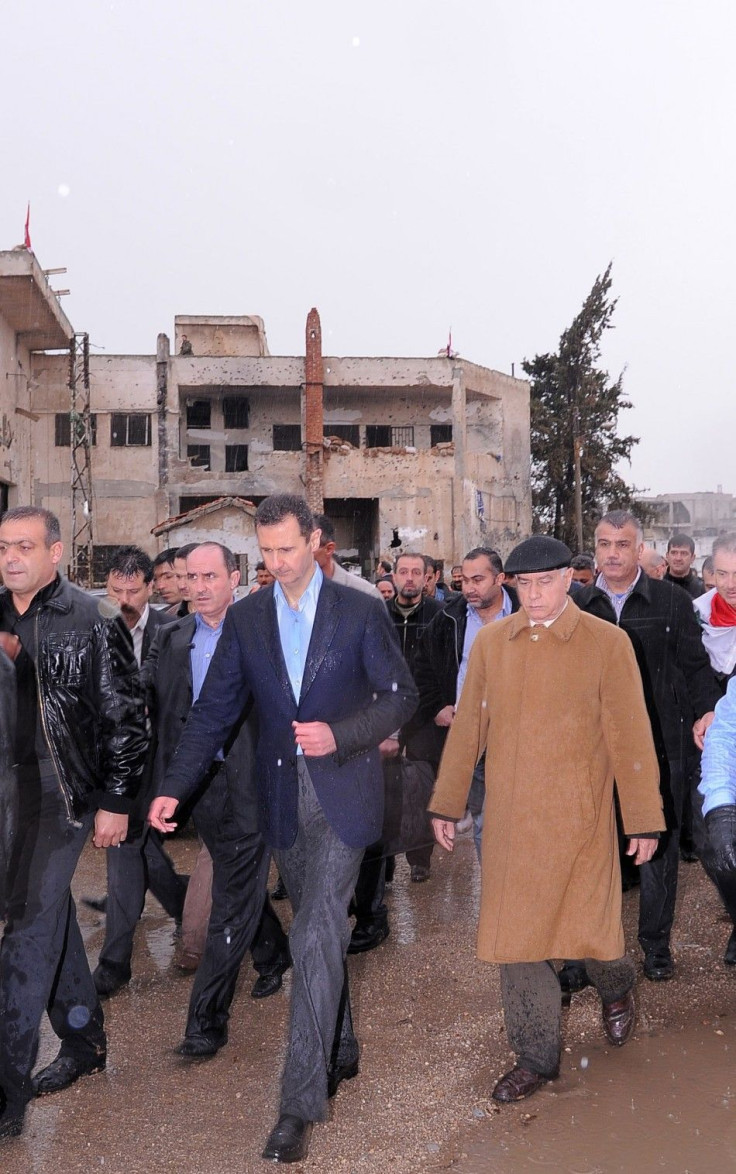Syria: Assad Pledges To End Violence By April 10; West Skeptical

Syrian President Bashar al-Assad's pledge to end violence in the country by April 10 was met with skepticism by the West after fighting continued Monday between government troops and rebel forces.
The United Nations' special envoy, Kofi Annan, told the Security Council that Assad had agreed to withdraw forces from population centers and to stop using heavy weapons early next week, U.S. Ambassador Susan Rice, who holds the council's presidency, told reporters.
Annan's report comes as Syrian government forces continued their assault on rebel positions across the country Monday, breaking promises made to end the violence and withdraw tanks from civilian areas by April 1.
Past experience would lead us to be skeptical, Rice said Monday. Let's be realistic. We have seen over the course of the last months promises made and promises broken. We have seen commitments to end the violence followed by massive intensification of violence. The proof is in the action, not the words.
Rice said she feared that in the days leading up to April 10, Assad's troops may escalate the violence in a bid to wipe out opposition forces.
We certainly hope that is not so, she added.
Separately, Russia's foreign minister rejected Monday any attempt to impose a deadline on the Syrian leadership for complying with Annan's cease-fire and peace plan.
According to the Syrian Observatory for Human Rights, a British-based operation which reports on the ground in Syria, at least 70 people were killed on Sunday, including 12 civilians in the former rebel stronghold of Homs.
The group also said 19 soldiers and 12 rebels were killed in clashes elsewhere.
There is every reason to fear he will use the next days to try and finish off his opponents, and it is quite possible that violence will continue beyond the deadline, Richard Gowan, a U.N. specialist at the New York University Center for International Cooperation, told Bloomberg.
Elsewhere, the U.S. said it would discuss with allies stepping up efforts to supply Syrian rebel forces.
Washington is already providing communications equipment, but has shied away from arming rebels and, for now, is waiting to see the outcome of the Annan peace plan.
According to official U.N. figures, more than 9,000 people have died in the yearlong Syrian uprising.
© Copyright IBTimes 2025. All rights reserved.





















